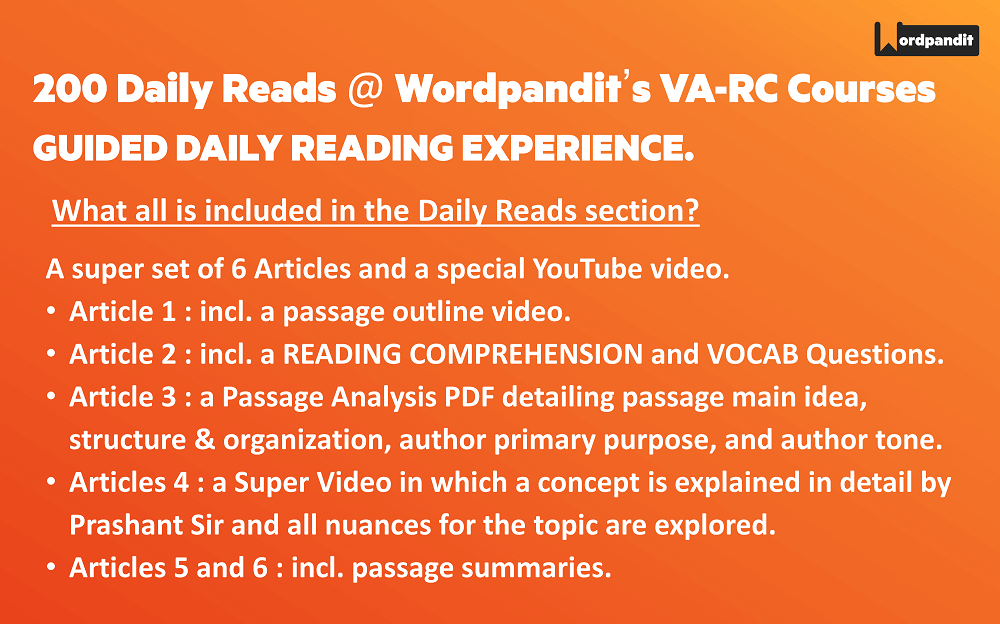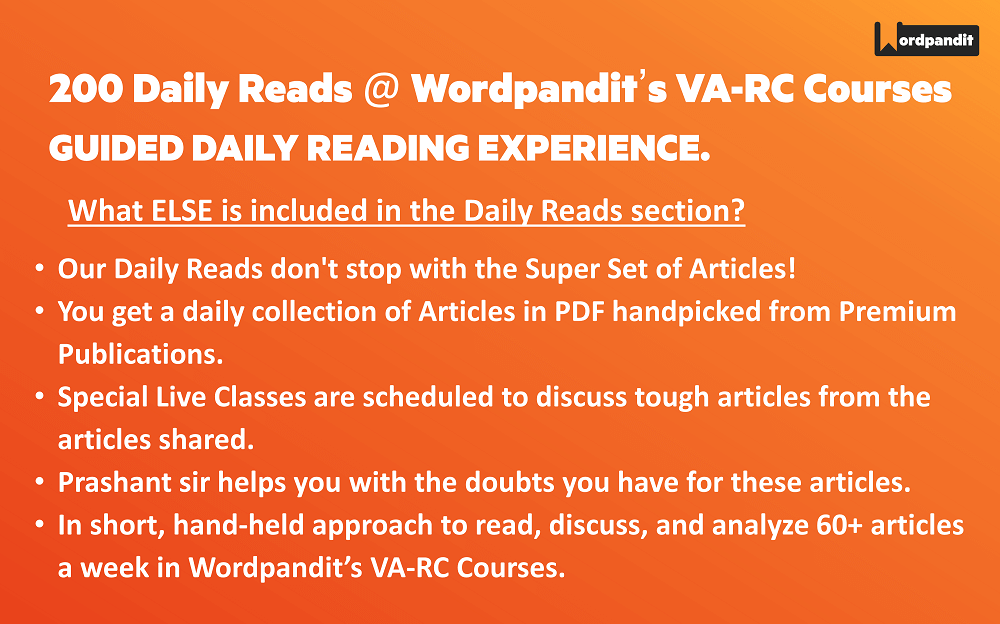Article Title: One is the loneliest number: the history of a Western problem
Article Summary
This article gives the perspective of journalists of “mainstream media” (MSM) on the digital revolution of news. The author takes a jab at the influence of digital media, which allows citizens to take up journalism on their own shoulders. With the advent of blogs and hyperlocal start-ups, broadcast news and traditional media were downplayed. Despite all this, newspaper publishers and editors have continued to believe they are the political, social and cultural agenda-setters. They are turning deaf ears to all the criticisms aimed at them. The MSM is being replaced by the digital medium which spreads nasty, brutish, hysterical, intolerant mob proclaiming extreme opinions marked by racism, including both antisemitism and Islamophobia.
Here, opinions matter more than facts. This trend infects every aspect of life on the net. Several news websites have banned people from commenting on their websites. Most of these comments are outrageous and hate-filled, often made behind the veils of anonymity and fake accounts. It is practically not possible to solve the problem of balancing the right of freedom of expression with a responsibility to avoid the promotion of bigotry and discrimination against minorities. One of the most obvious changes in newspaper content from about 1950 onwards was the promotion of columnists. They are high-paying individuals who are encouraged to write controversial and outspoken articles. By contrast, reporters who strive to dig out the concealed truth and facts earn less and work harder. This means that the mission to inform is not valued as highly as the mission to offend. The example of two Reuters reporters being tried for revealing state secrets in Myanmar and the restricted efforts to save them simply indicates lack of respect for the freedom of the press.
Article Link: Click here to read the full article
Words to learn from this Article:
Bridle: show one’s resentment or anger
Engender: cause or give rise to (a feeling, situation, or condition)
Tedious: too long, slow, or dull; tiresome or monotonous
Hyperlocal: relating to or focusing on matters concerning a small community or geographical area
Surfeit: an excessive amount of something
Brutish: violent; beast-like
Hysterical: affected by or deriving from wildly uncontrolled emotion
Anti-Semitism: hostility to or prejudice against Jews
Fanaticism: showing rage; wildly excessive or irrational devotion
Reinforce: strengthen or support
Travesty: a false, absurd, or distorted representation of something
Exalt: rise to a higher rank or position; elevate
Want more Daily Reads? Explore here:















